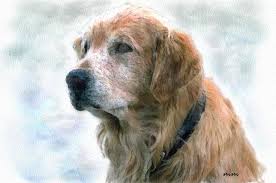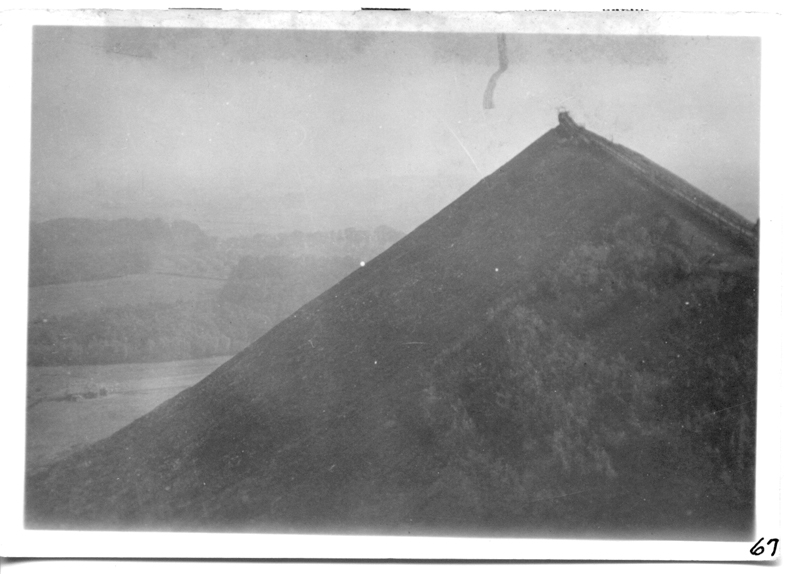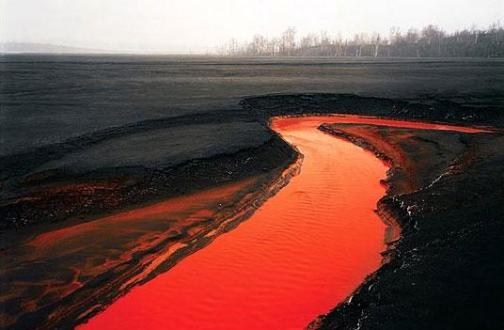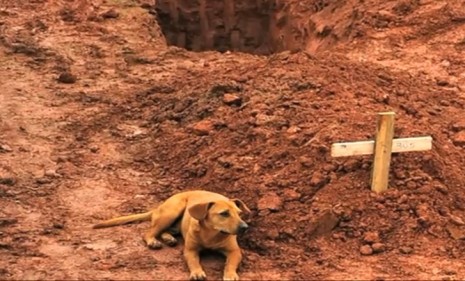Haunting.

Weeks later, I can't get that dog out of my head.

I closed the book and its glow died. In the darkness, Lisa rustled under the covers.
My eyes adjusted. She was staring at me. “‘Dead Man,’ right?”
“Because of the dog,” I said.
“Dark reading.” She touched my shoulder, her hand warm, the blades embedded, biting lightly into my skin.
“We used to be like that dog,” I said.
“Pathetic.”
“Scary.”
Caveat: I'm primed to find these stories compelling, because I think about the issues that Paolo writes about a lot in my everyday life with my job. I spend spare time and work time with this kind of fringe biotech topics. The question of how we're going to engineer the future, as newer versions of life eventually supplant older versions of life, is one already explored many times, by many others.
But still... that dog is haunting.

The story (one of many in the book) is simple, and really just an analogy to what we're doing already, as humans, to all of the animals and plants that we keep around. To game preserves. To our horses, to our cows. To our children. It's about what we've done for the past 100.000 years, and what we will continue to do in the next few 100.
I've thought about that dog, every day, for the past two weeks. The more I think about it, the more I'm convinced that there isn't a much better metaphor for the issues in my work life than that dog.

The thing is, the People of Sand and Slag inhabit neither a utopia, nor a dystopia. They are people, but not human. They are "New People".
As Lisa puts it:
"If someone came from the past, to meet us here and now, what do you think they'd say about us? Would they even call us human?"
Lisa looked at me seriously. "No. They'd call us gods."
Lisa, at the time, is playfully wriggling around in poisonous beach sand, after having had her limbs severed by the narrator.
They're contemplating eating the dog.
They are not human. But, nor are they evil. They are New People.
Jaak laughed. His bleeding stopped. “Damn. Check that out.” He lifted his arm until the animal dangled fully out of the stream, dripping. “I got me a pet.”
The dog swung from the thick bough of Jaak’s arm. It tried to shake his arm once again, but its movements were ineffectual now that it hung off the ground. Even Lisa smiled.

If the People of Sand and Slag was wholly utopian, or wholly dystopian, I'd know what I feel. And how to feel about the dog.
But as it is, to quote William Faulkner, Paolo has captured the "human heart in conflict with itself" with this story. This dog has captured my heart in a struggle that just keeps deepening and expanding the more I think about it.
After two weeks, I would not be able to concisely summarize the feelings it is making me feel. Just "a lot". Name me a problem in bioethics, and I'll tie it back to the dog.

I'm not really saying that this story is Nobel Prize material. Nobody else gives a crap about these things, really. But I know myself well enough to know that 20 years from now, I'm still going to be thinking about that dog, anytime the question arises of "what do we owe to our symbiotes?". The dog is just a succinct symbol of emotional imagery with which to think. A beautifully clear archetype.
So, I'm saying that I'm pretty impressed. YMMV, of course... we all tick different.
I poured a handful of tailings mud into Lisa’s mouth. She gobbled it gratefully.
“Mud makes us tick,” I said.
Jaak nodded at the dog. “It doesn’t make that dog tick.”
We all looked at the dog. “It’s hard to tell what makes it tick.”
They never name the dog.
Aaaargh. That just kills me. It makes what they're doing unforgivable.
Edit: 2017 here. Still thinking about the dog.
Edit: late 2018. I've made arrangements to clone my old dog. I'll be better than Jaak.
 2
2


